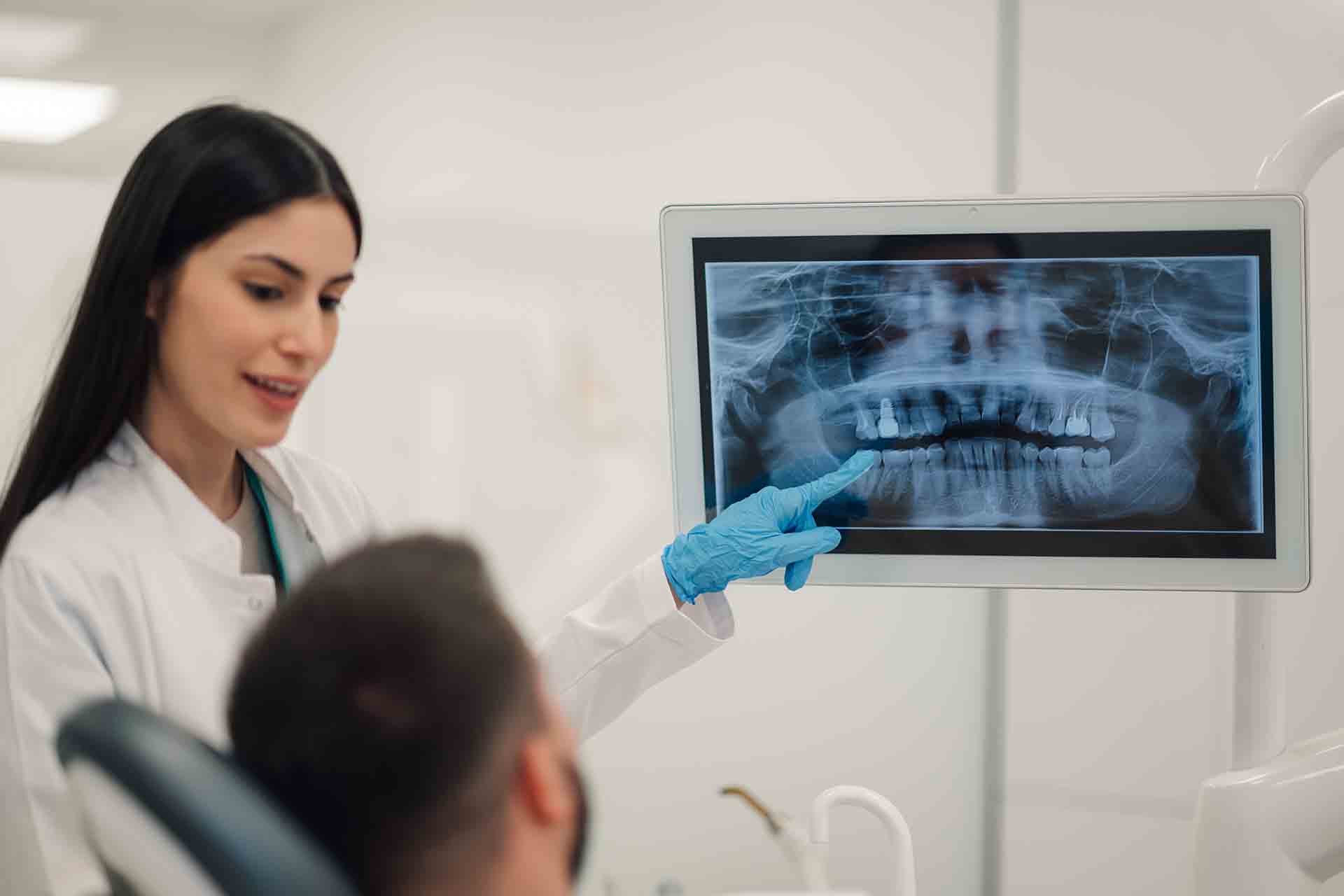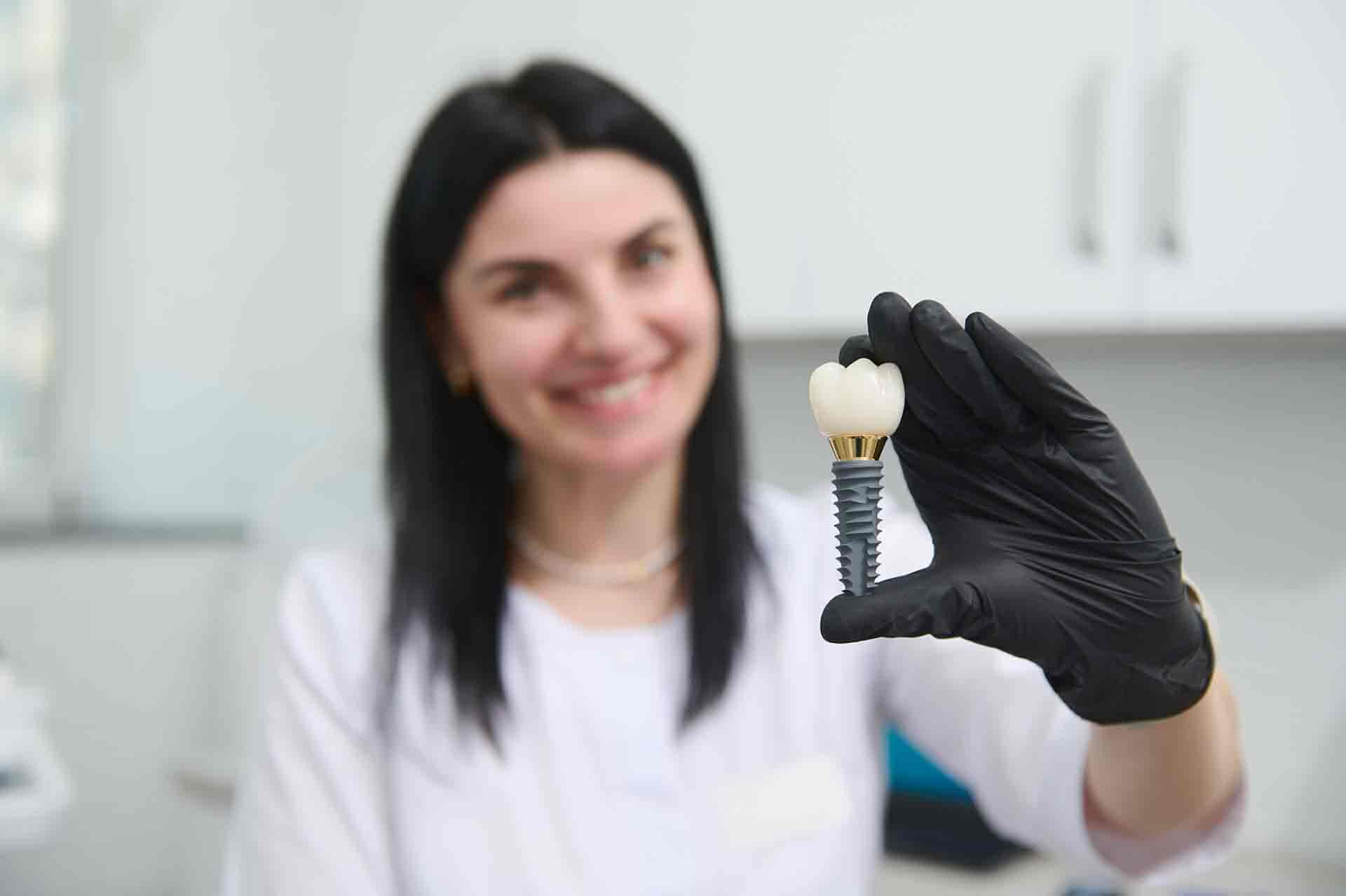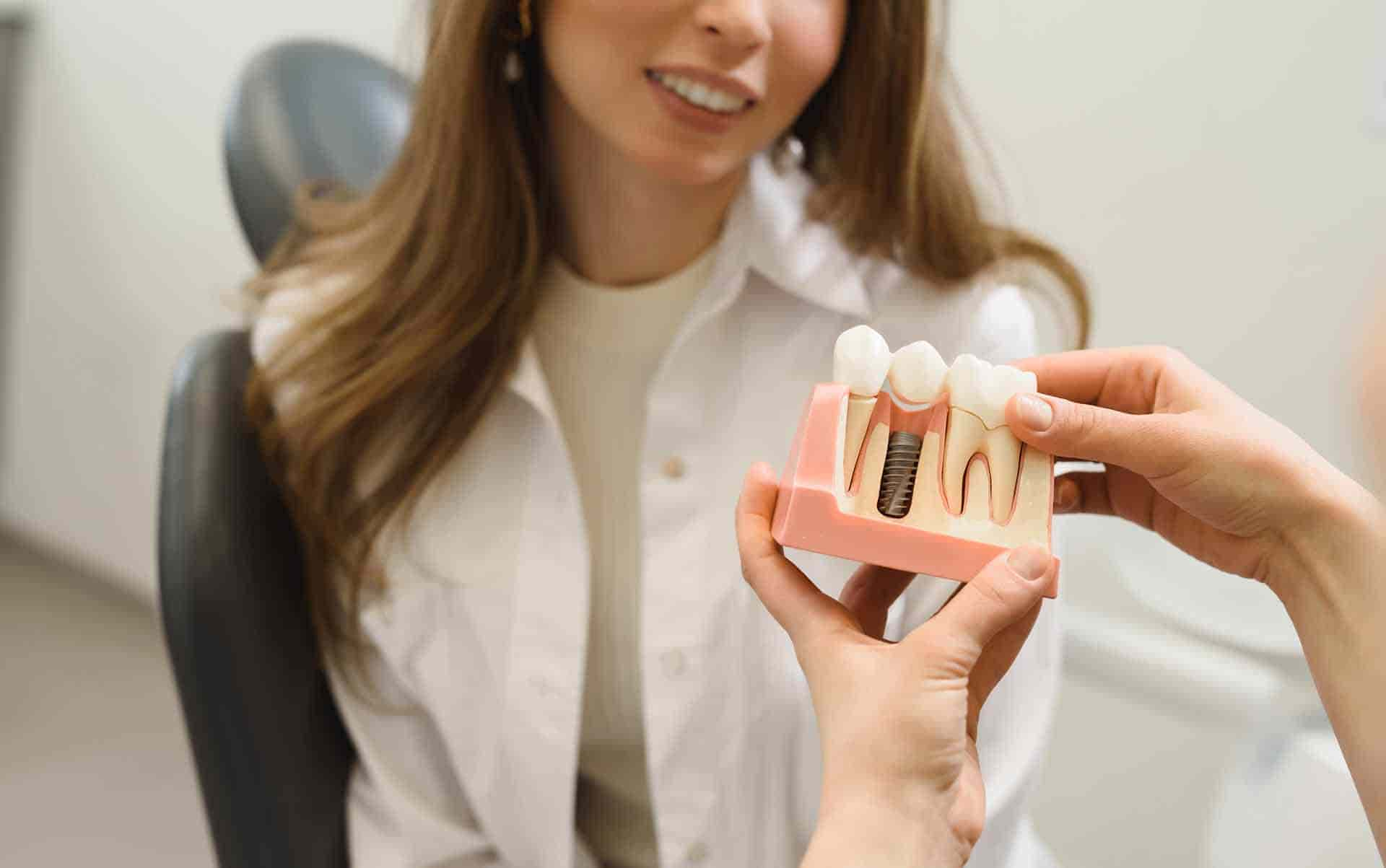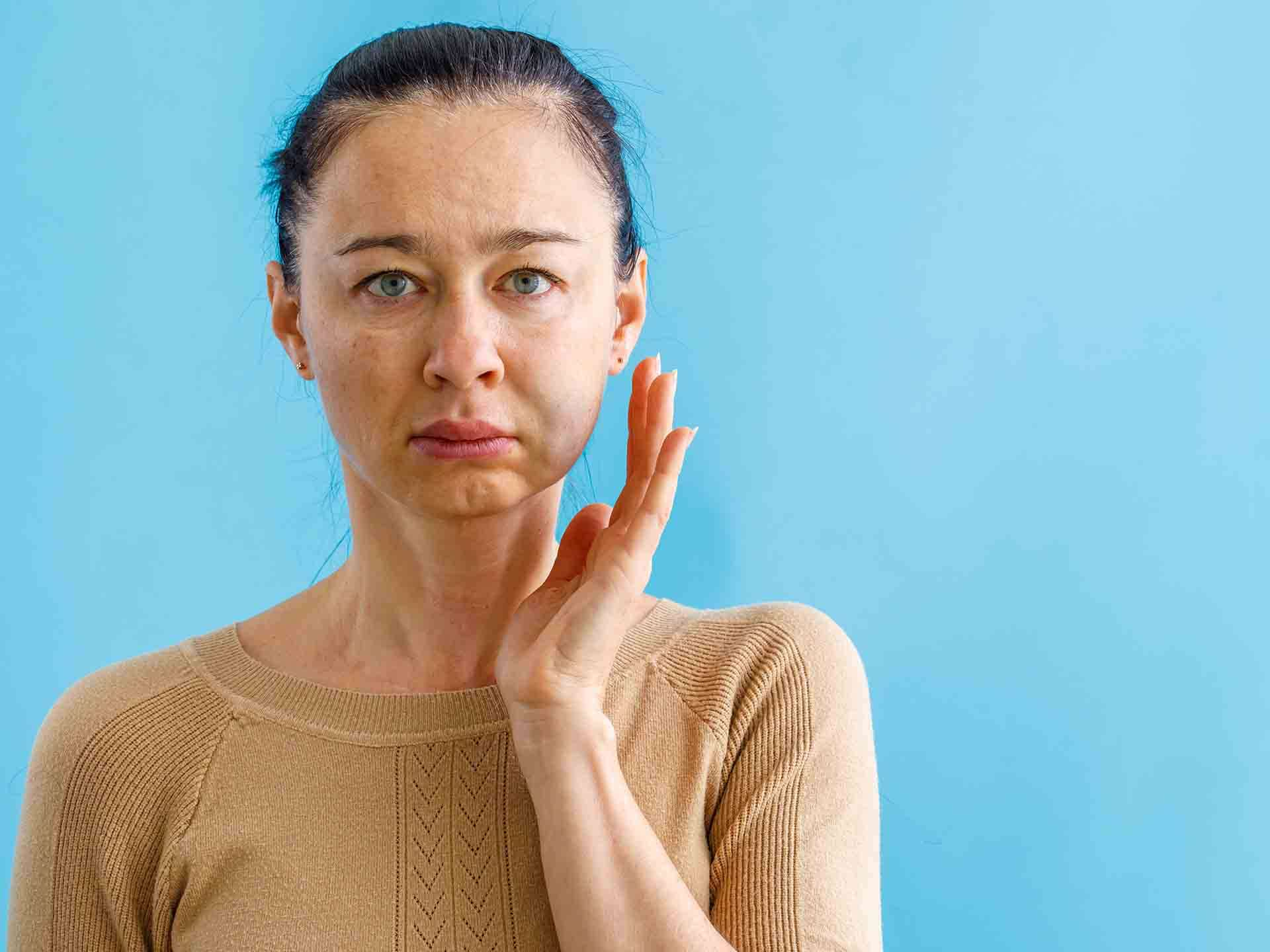What Happens If You Drink Alcohol After Fluoride Treatment?
May 2025
Did you know fluoride treatments can reduce tooth decay by nearly 25%? That's why many people include it in their regular dental visits. But once the treatment is done, you might wonder: what happens if you drink alcohol after fluoride treatment?
The answer is more important than you might think. Drinking alcohol too soon can affect how well the fluoride works and how your teeth absorb it.
In this blog, we’ll explain what to avoid, and how to care for your teeth post-treatment. If you’ve ever wondered if that glass of wine or beer could interfere with your dental care, this guide is for you.
How Long After Fluoride Can I Drink Alcohol?
It’s best to wait at least 4 to 6 hours before drinking alcohol after a fluoride treatment. This time allows the fluoride varnish to fully absorb into your tooth enamel and protect your tooth surfaces.
If you drink alcohol too soon, the fluoride might not bond properly, reducing its protective benefits and possibly leading to tooth decay in the long run.
What Not to Eat After Fluoride Treatment
Right after your fluoride treatment, dentists recommend avoiding:
- Acidic foods like citrus fruits
- Hot drinks such as coffee or tea
- Hard snacks like nuts
- Sugary beverages or alcohol
These can remove or weaken the fluoride layer applied to your teeth. Stick to soft foods like boiled eggs, bananas, and yogurt.
Can I Drink Water After Fluoride Treatment?
Yes, drinking plain water is safe and even recommended after your fluoride treatment. Avoid sparkling water or flavored drinks as they might be too acidic and reduce fluoride effectiveness. Stick to regular water to help your teeth absorb the treatment.
When Can I Brush My Teeth After Fluoride Treatment?
Wait at least 6 hours before brushing your teeth after a fluoride treatment. This delay allows the fluoride to fully soak into your enamel and strengthen your teeth. Brushing too early can scrub off the fluoride and lessen its benefits.
Smoking After Fluoride Treatment: Should You Be Concerned?
Smoking too soon after a fluoride treatment can reduce its effect, similar to alcohol. Hours after the treatment, your teeth are still absorbing the fluoride, and smoking introduces chemicals that can interrupt that process. Dentists recommend waiting at least 6 to 8 hours before smoking.
Why This Matters for Your Dental Health
When you receive fluoride treatment, your dentist applies fluoride to strengthen your enamel and prevent tooth decay. If you drink alcohol after fluoride treatment, it might wash away the fluoride or stop it from bonding well. Over time, this can lead to more cavities or tooth sensitivity.
Protect Your Smile
To get the best possible results from your fluoride treatment, always consider what happens if you drink alcohol after fluoride treatment. It's important to avoid alcohol as well as any food or drinks that are acidic or too hot for at least 6 hours after the procedure. This helps ensure that the fluoride has enough time to fully absorb into your tooth enamel, strengthening your teeth and protecting them from future tooth decay. Taking this small but crucial step can go a long way in keeping your smile not just healthy, but bright and strong for years to come.
If you’re searching for trusted preventive and cosmetic dentistry in New York, look no further. At Raio Dental, our experienced and friendly team is here to provide you with personalized dental care, including expert guidance on what to do after every treatment. Book your visit today and let us help you maintain the best version of your smile!

A Complete Guide to Restoring Damaged Teeth in New York
January 2026Key Takeaways:- Restoring damaged teeth is more reliable than ever with modern dentistry Early treatment helps repair damaged teeth before problems progress Damaged enamel restoration focuses on mineralization and protection, not true regrowth Restorative ...
Preventive Dental Care Trends in 2026: Early Detection & Smart Care
January 2026Key Takeaways:- Preventive dental care trends in 2026 are all about catching problems early and tailoring care to each patient Digital diagnostics and smart oral devices make proactive dental care easier than ...
Is Professional Teeth Whitening Worth the Cost in New York?
January 2026Key Takeaways Professional teeth whitening delivers faster, longer-lasting results In-office treatments are safer than over-the-counter kits Whitening improves confidence and smile appearance Dentist-guided whitening reduces sensitivity risks Results typically last 6–12 months with good care Professional ...
Is Teeth Whitening Permanent?
January 2026A bright, white smile can boost confidence and transform your appearance but one common question patients often ask is, "is teeth whitening permanent?". The truth is that while teeth whitening ...
All-on-X Implants vs. Traditional Dentures: Pros and Cons
October 2025When considering tooth replacement options, many patients wonder about All-on-X Implants vs. Traditional Dentures: Pros and Cons. Both solutions can restore a full arch of teeth, improve oral health, and ...
Maintenance & Aftercare of All-on-X Implants
October 2025Maintenance & Aftercare of All-on-X Implants is essential to ensure the long-term success of your full-arch dental restoration. All-on-X implants offer a stable, durable solution for patients missing multiple teeth, ...
Can a Night Guard Help With Snoring?
September 2025Snoring is a common issue that affects both the person snoring and their sleep partner. For some, it's just a minor nuisance, but for others, it can signal an underlying ...
How to Reduce Swelling After Oral Surgery
September 2025Swelling is one of the most common side effects after oral surgery. Whether you've had your wisdom teeth removed, a tooth extraction, or another procedure, swelling is part of the ...
Can TMJ Cause Dizziness? Understanding the Link Between Jaw Disorders and Balance
August 2025Do you ever feel lightheaded for no clear reason? Struggle with sudden dizziness when standing up or turning your head? Feel off-balance even when everything else seems normal? These symptoms ...
Can Orthodontics Improve a Misaligned Jaw?
September 2025Did you know? A misaligned jaw can cause chronic headaches, ear pain, difficulty chewing, and even lead to temporomandibular joint (TMJ) disorders. Most people think orthodontics is only for straightening ...
What Happens If You Drink Alcohol After Fluoride Treatment?
June 2025Did you know fluoride treatments can reduce tooth decay by nearly 25%? That's why many people include it in their regular dental visits. But once the treatment is done, you ...
























